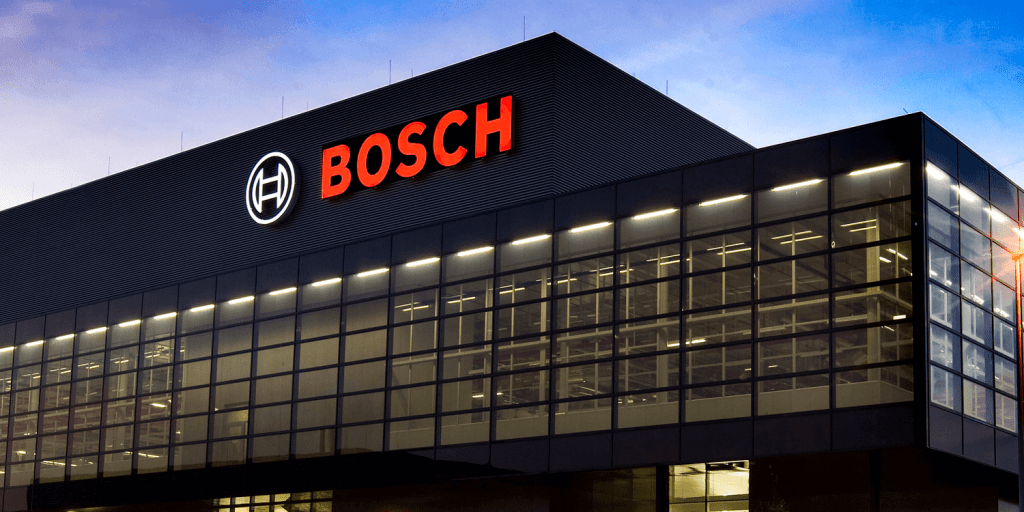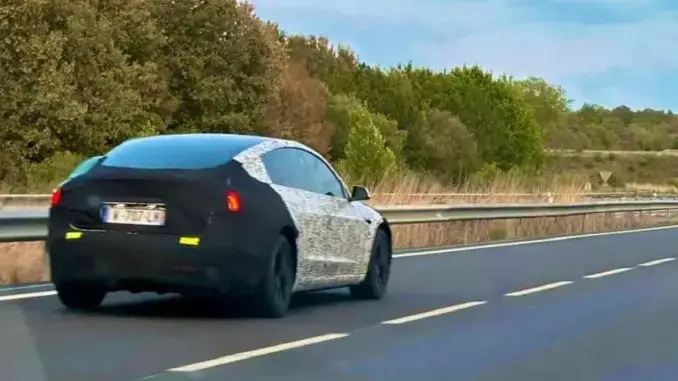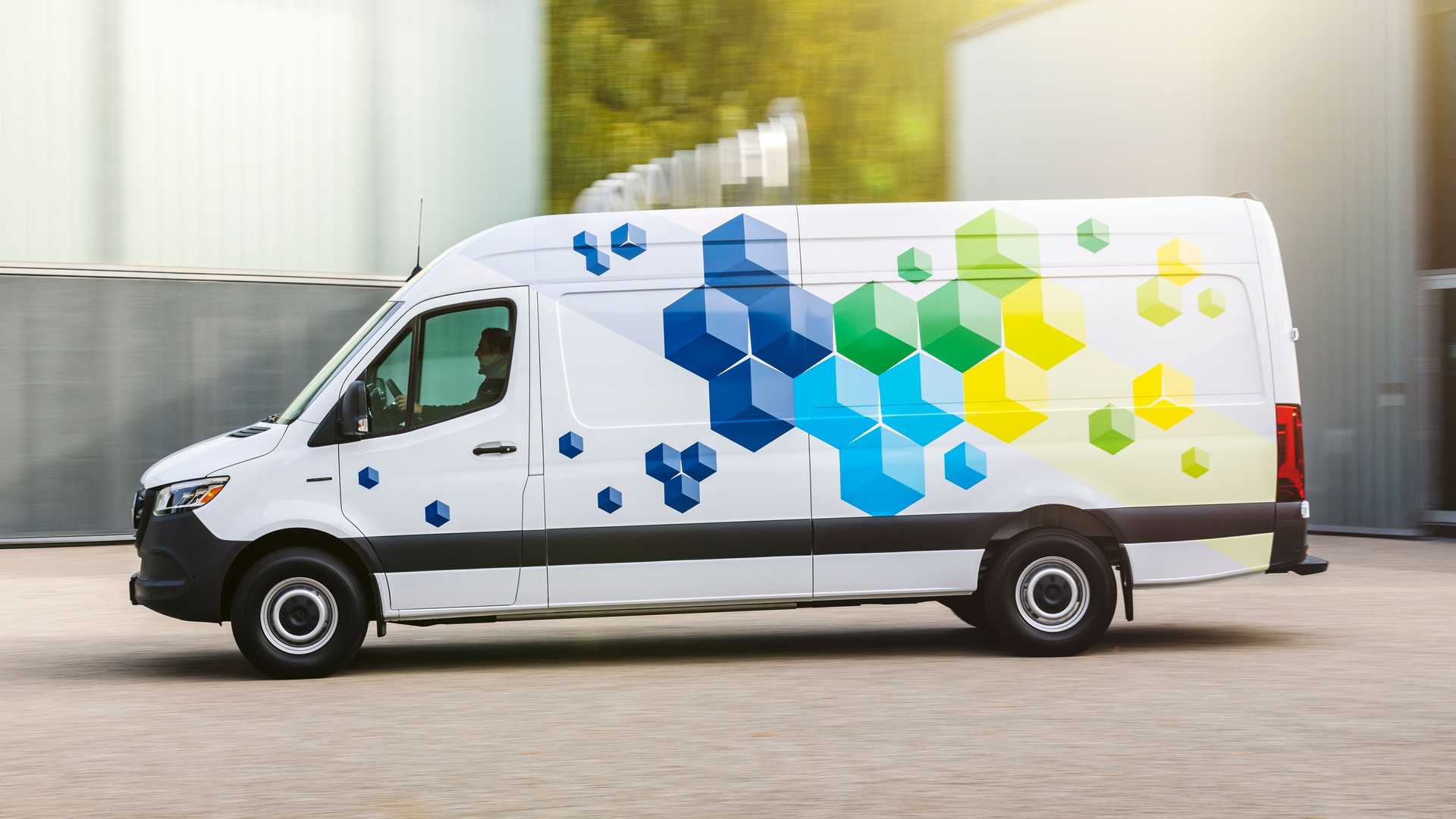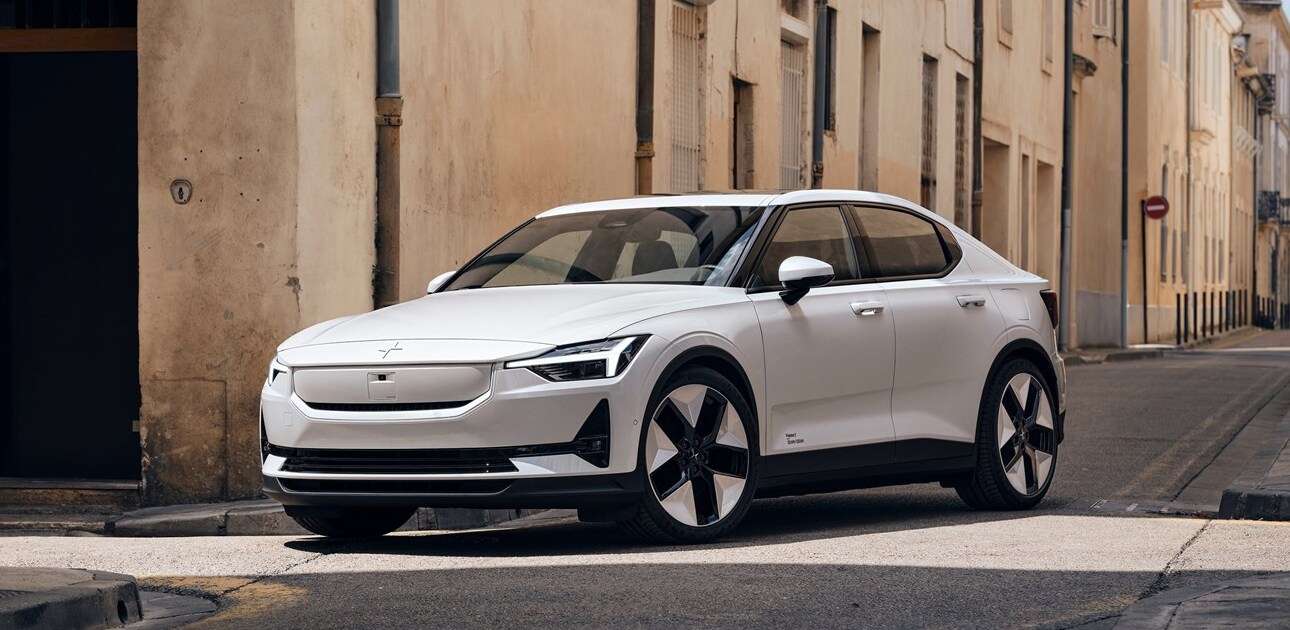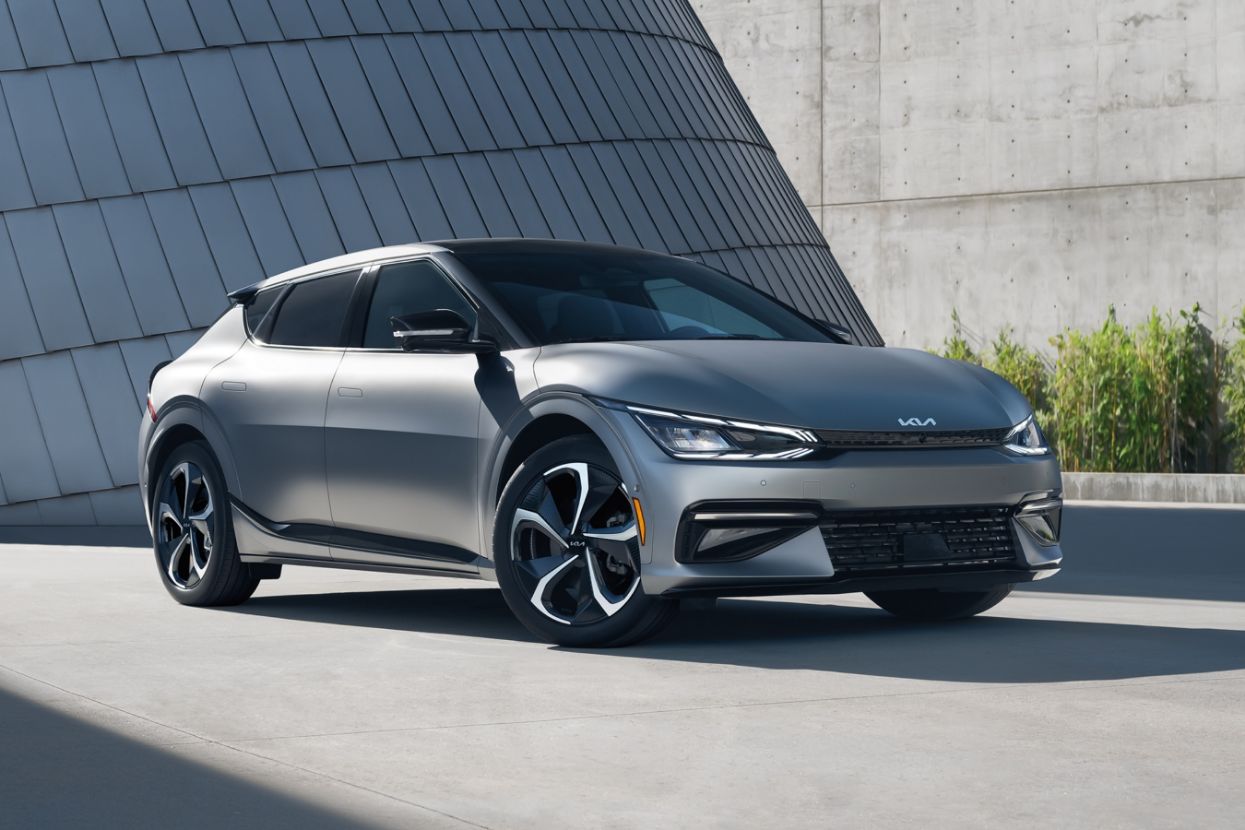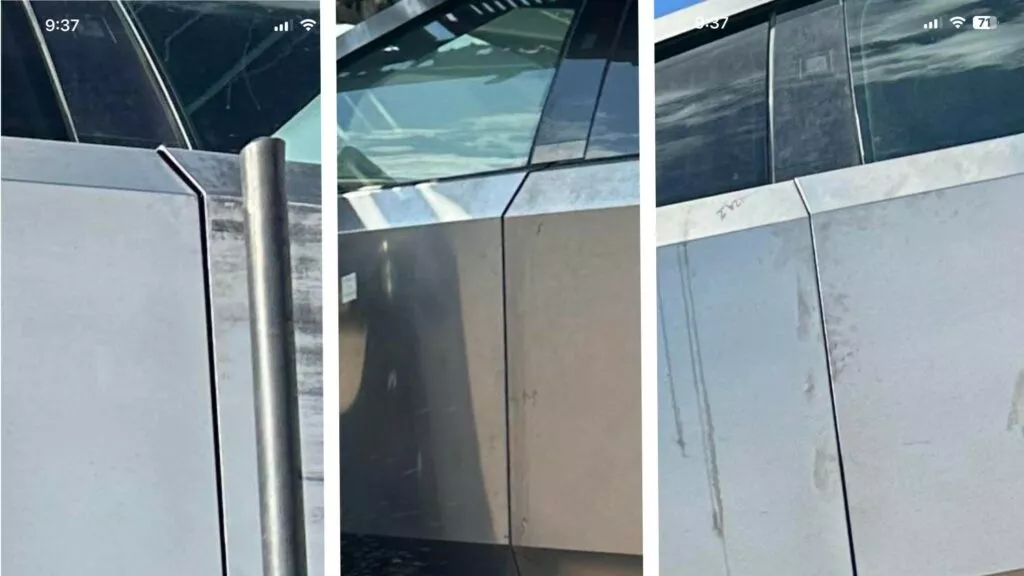The prominent German technology conglomerate, Robert Bosch, has expressed the need for subsidies from the U.S. government to facilitate the extensive expansion plans for a chip production facility it is set to acquire in California.
The acquisition was announced earlier this year in April when Bosch revealed its intentions to purchase key assets from TSI Semiconductor, thereby acquiring chip production facilities located in Roseville, California. An impressive investment of $1.5 billion is earmarked for the retooling of this site, with the goal of manufacturing silicon carbide chips, a technology known for enhancing the range of electric vehicles. This new endeavor, named Robert Bosch Semiconductor LLC, is scheduled to commence production by 2026.
See also: Bosch Expands Development of New Energy Vehicle Products in China
Recently, Bosch disclosed that the state of California has granted a notable tax credit of $25 million for this upcoming factory.
During an interview conducted during a trip to San Francisco, Bosch’s Chief Executive, Stefan Hartung, elaborated that the realization of the planned facility expansion is contingent upon the support from the U.S. government, the regional government, or even the Californian government itself. Hartung emphasized that while some support has been forthcoming, further backing is crucial for the project’s success.
Bosch envisions the TSI facility as the “third pillar” in its in-house semiconductor production strategy, complementing its existing sites in Germany. The acquisition of the California-based plant, which has a history of chip production dating back to the 1980s and has been manufacturing automotive-grade chips for a substantial period, will notably accelerate Bosch’s entry into the competitive realm of silicon carbide chip production. The demand for these specialized chips is on an upward trajectory, with a remarkable annual growth rate of 30%, as stated by the company.
In the race to qualify for a U.S. tax credit designed for the acquisition of chip manufacturing equipment, time is of the essence. The costs associated with these tools can extend into the millions of dollars. Hartung emphasized Bosch’s confidence in acquiring the necessary equipment and having it operational in a timely manner to commence production by the target year of 2026.
See also: Volkswagen cooperates with Bosch to create joint venture battery factory in Europe
Hartung remarked, “Securing equipment has been a significant challenge for all of us. As a result, we have already initiated orders for certain equipment.” This proactive approach aligns with Bosch’s determination to position itself effectively within this dynamic landscape.
As the electrification of vehicles continues to be a central focus of innovation and market growth, Bosch’s strategic moves underscore the industry’s evolving landscape and the critical role that government support plays in shaping the trajectory of technological advancements.

